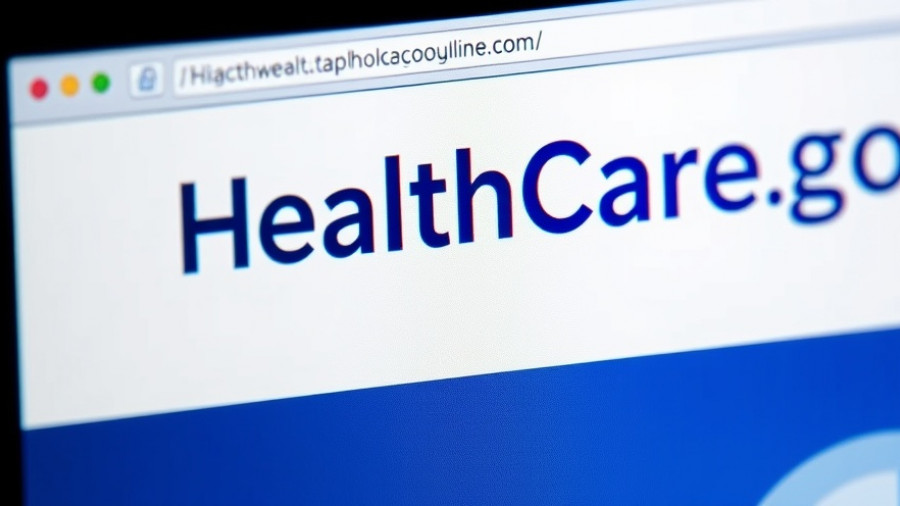
Rising Health Care Costs: A Source of Universal Concern
According to a recent AP-NORC poll, nearly 60% of Americans express deep concern about the potential increases in health care costs over the coming year. This anxiety cuts across demographic lines, impacting both the insured and those without health coverage. Interestingly, nearly 40% of respondents also worry about not being able to pay for necessary medical needs or accessing care when needed. As more Americans begin to navigate their health coverage options amidst uncertain economic winds, the implications of these concerns become increasingly pressing.
The Political Stakes Surrounding Health Care
The urgency around health care costs is exacerbated by ongoing political dynamics, particularly those related to the government shutdown and potential cuts to health care subsidies. As reported by PBS, the expiration of subsidies for the Affordable Care Act (ACA) threatens to raise premiums significantly, impacting millions. With political leaders debating the validity of extending these critical provisions, individuals like Latoya Wilson—in search of more stable employer-sponsored insurance—reflect the growing desire for reliable coverage.
Understanding Family Perspectives: Struggles and Aspirations
For many, health care is not merely a policy debate but a personal issue of stability and reassurance. Family units across the United States echo similar sentiments where the fear of losing health coverage has led some to reevaluate their employment opportunities. The narrative of working-class citizens like Caleb Richter, a nursing assistant who hopes for a more comprehensive health strategy, necessitates attention from lawmakers eager to understand the practical implications of their decisions.
Women and Health Care: A Disproportionate Burden
It is worth noting that women are statistically more likely than men to report being extremely concerned about rising health care costs. With nearly 63% of women fearful compared to 51% of men, this disparity underscores a significant section of the demographic that feels particularly vulnerable to shifts in health care policies. Providing equitable health care services remains a discussion that ensures women's health remains a priority in modern reforms.
Rethinking Trust in Political Leadership
Among Americans, sentiment towards political leadership regarding health care remains tepid at best. Only about 30% of the population approve of how current government officials manage health-related issues. Concerningly, many feel that neither political side offers viable solutions for health care, leading to skepticism that persists across party lines. For the constituents within Polk County and surrounding areas, trusting lawmakers to represent their health needs is as vital as adequate health insurance.
What Lies Ahead: Health Care’s Future
Future predictions suggest that unless substantial changes are made, health care costs are poised to continue their upward trajectory. With an economy shaken by government politics, the discussions around the healthcare system need to transition beyond debates into actionable policy-making. It is critical for Americans to engage proactively in dialogue with their representatives, ensuring that health care reform resonates with those who need it the most.
Actionable Insights for a Healthy Tomorrow
Residents of Davenport and Central Florida must arm themselves with knowledge regarding their health coverage options and advocate for policies that support affordable care. Being informed about upcoming enrollment periods and understanding the significance of relief measures attached to the ACA can provide leverage during such tumultuous times. Join community efforts to connect with local representatives to voice your health care concerns and needs—let your voice shape the narrative.
 Add Row
Add Row  Add
Add 




Write A Comment